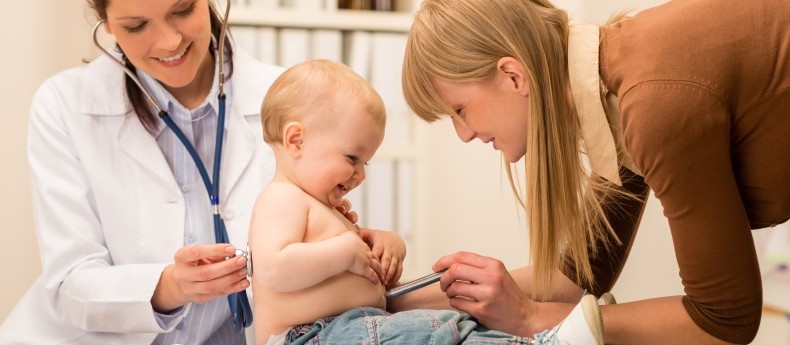
Children’s Health
Childhood and adolescence are times when the human body goes through rapid changes. Children’s physiological and psychological needs change as they grow and develop. Children’s dietary needs, for example, vary at different stages of growth. Children can also become more susceptible to particular diseases and illnesses at different times. For this reason, it is important for parents to understand the type of healthcare their children require and when they should receive it.
Most parents know the basics of keeping children healthy, such as giving them healthy foods, making sure they get enough sleep, and keeping them safe. However, equally important is ensuring that children get regular preventive or ‘well-child’ check-ups with their healthcare provider.
Well-child check-ups help parents monitor children’s health and development. These check-ups also provide a good time to catch or prevent health problems before they become serious. Well-child check-ups are particularly important during the first year of a child’s life.
Well-child check-ups are recommended for the following times:
- The first year of life: 2 to 3 days after discharge from nursery, and also at 1, 2, 4, 6, 9, and 12 months of age
- The second year of life: at 15, 18, and 24 months of age
- Early childhood: yearly from 2 through 5 years of age
- Early school years: at 6, 8, and 10 years of age
- Adolescence and early adulthood: yearly from 11 through 21 years of age
At each well-child visit, the doctor will fully examine your child. During the visit, the doctor will do the following:
- Make sure your child is eating well, growing well, and is healthy
- Track your child’s growth and development
- Update immunizations
- Find physical problems before they become serious
- Help inform you on how to keep your child healthy and safe
- Answer all of your questions
Preventing a health problem is better than having to cure one, so don’t wait until serious health issues prompt you to take your child to the doctor.
Reference:
Committee on Practice and Ambulatory Medicine. “Recommendations for Preventive Pediatric Health Care.” Pediatrics. 2000;105: 645-646.
Copyright United Family Healthcare 2018 All right reserved ICP 京ICP备13017554号-4




